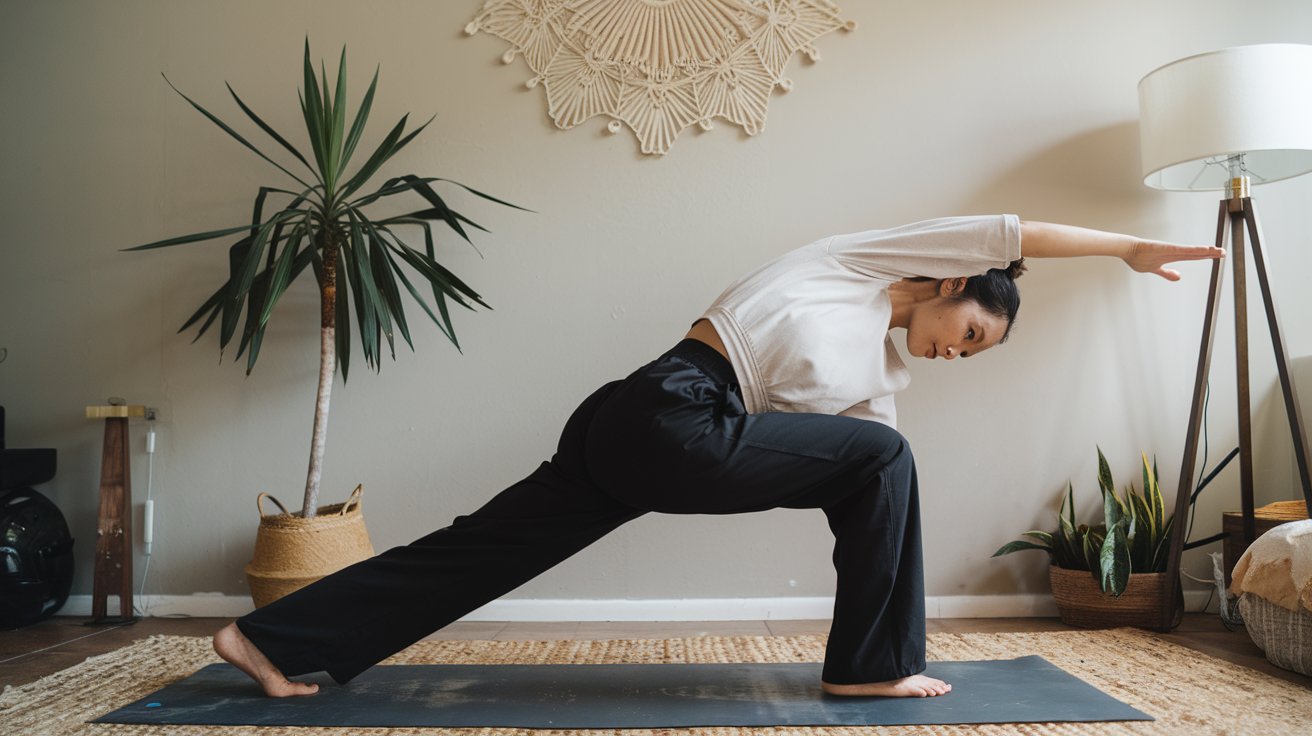
A comprehensive study spanning nearly three decades has revealed that higher flexibility, particularly among women, may contribute to a longer lifespan. Researchers analyzed data from 3,139 middle-aged participants, aged between 46 and 65 years, collected from March 1994 to February 2023.
The study utilized a flexibility test known as the “Flexitest” to evaluate the participants’ flexibility across 20 body joint movements. Based on these tests, participants received a Flexindex score ranging from 0 to 80. Women generally exhibited higher Flexindex scores compared to men, with an average of 35% greater flexibility.
The researchers found a significant inverse relationship between Flexindex scores and mortality risk. Participants with higher Flexindex scores displayed a lower risk of premature death. Notably, women with lower flexibility scores faced a 4.78 times higher chance of dying, while men with lower scores had a 1.87 times higher mortality risk compared to those with higher scores.
“Improving flexibility can make everyday activities easier and help prevent injuries. It also plays a role in maintaining joint health and reducing stiffness,” said Chris McDermott, MSN, APRN-IP. He emphasized the importance of incorporating flexibility exercises such as yoga and tai chi into daily routines for older adults.
Ryan Glatt, CPT, NBC-HWC, highlighted the study’s implications: “The study suggests a connection between flexibility and longevity, with women showing a 35% higher Flexindex than men, and an inverse relationship between Flexindex and mortality risk.” However, he noted that while the Flexindex is promising, more rigorous studies are needed to confirm its significance.
The study’s authors suggested that assessing body flexibility using the Flexitest could complement routine evaluation protocols and provide tailored exercise recommendations for both healthy and unhealthy middle-aged individuals.
Claudio Gil S. Araújo, MD, noted that previous studies have linked aerobic fitness, strength, and balance to lower mortality. This study adds reduced body flexibility to the list of factors associated with poor survival rates in middle-aged men and women.
The findings underscore the potential health benefits of staying flexible and suggest that doctors may need to focus more on flexibility during annual physical exams. Integrating stretching routines into daily life may not only enhance joint health but also contribute to overall longevity.
Parts of this article has been sourced by Medical News Today and fact-checked by Jill Seladi-Schulman, Ph.D.
Featured Image by master1305 on Freepik





Leave a Reply